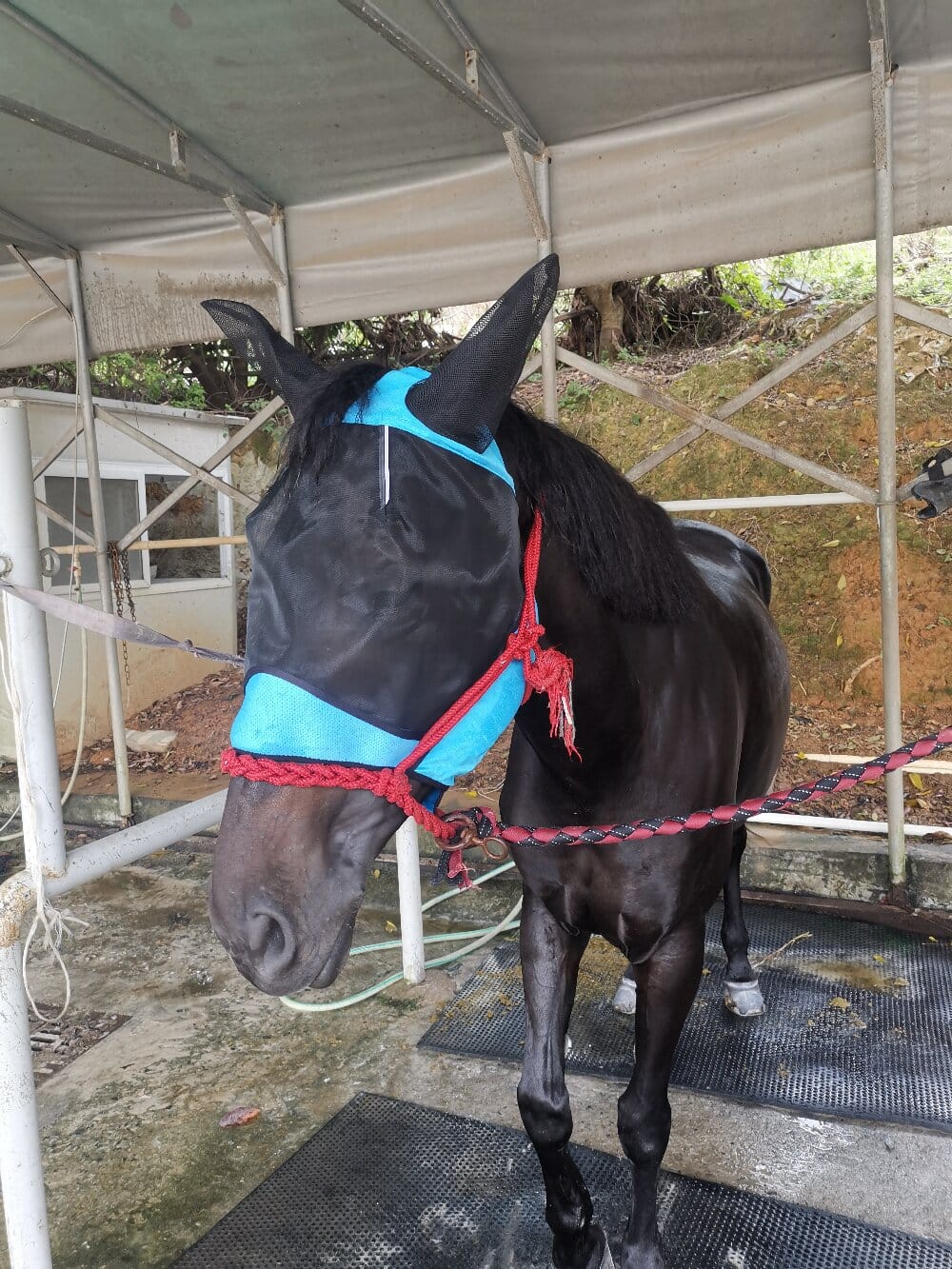A horse fly mask is more than just a simple accessory—it’s a critical piece of equine gear designed to protect horses from relentless insects. These masks shield sensitive eyes, ears, and faces from biting flies, reducing stress and preventing infections. But beyond their basic function, how effective are they really? By analyzing trends, materials, and equine behavior, we can uncover the true value of these protective covers.
Why Horses Need Fly Protection
Horses are highly sensitive to pests like flies, mosquitoes, and gnats. Without proper protection, these insects can cause:
- Eye irritations and infections (e.g., conjunctivitis)
- Distraction and stress, leading to poor performance
- Skin sores from constant biting and rubbing
Data from equine health studies show that horses wearing fly masks exhibit lower stress levels and fewer veterinary visits related to insect-borne issues. This makes the investment in a quality mask not just practical but cost-effective.
The Science Behind Horse Fly Mask Design
Modern fly masks for horses are engineered with precision. Key features include:
- Breathable mesh – Allows airflow while blocking pests
- UV protection – Shields against harmful sun rays
- Adjustable straps – Ensures a secure, comfortable fit
Research indicates that horses prefer lightweight, flexible materials, which explains the popularity of polyester and spandex blends. Durability tests also reveal that reinforced stitching extends a mask’s lifespan, saving owners money over time.
Choosing the Right Fly Mask: A Data Interpretation Approach
Selecting the best horse fly mask involves more than picking the first option available. Consider these data-backed factors:
- Fit – Ill-fitting masks can slip or rub, causing discomfort.
- Coverage – Full-face masks offer superior protection compared to eye-only designs.
- Material – High-quality mesh reduces sweat buildup and overheating.
Market trends show a growing demand for customizable options, reflecting horse owners’ desire for tailored solutions.
Common Misconceptions About Fly Masks
Despite their benefits, myths about equine fly masks persist. Let’s debunk a few with facts:
- “Masks impair vision” – Studies confirm that horses see clearly through fine mesh.
- “They’re only for summer” – Flies can be active year-round in warmer climates.
- “All masks are the same” – Data shows significant differences in durability and protection levels.
Conclusion: The Smart Choice for Equine Care
From reducing stress to preventing disease, the horse fly mask is a small investment with measurable benefits. By interpreting equine health data and market trends, it’s clear that these masks are indispensable for responsible horse owners. Whether you’re a competitive rider or a casual caretaker, choosing the right mask ensures your horse stays comfortable and protected—no matter the season.

